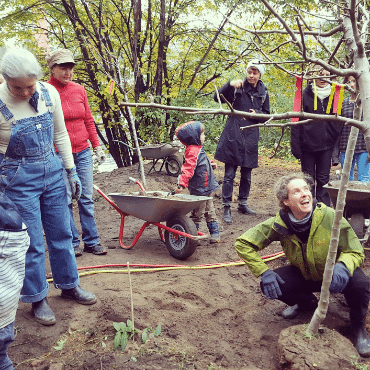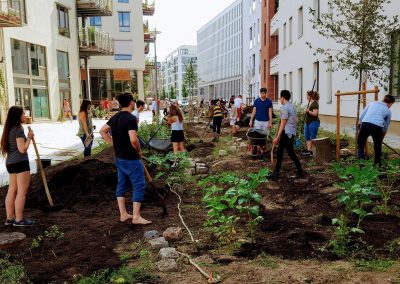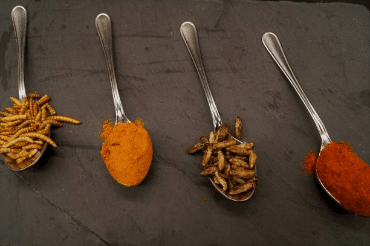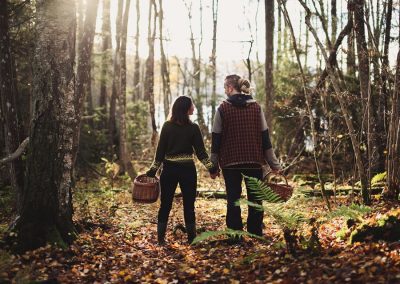Slow Food e.V.
Slow Food e.V.
Slow Food promotes a sustainable global food system and culture based on responsibility and respect towards the environment, the farmers and animals involved in this system as well as on the importance of enjoying good and tasty food. The basic prerequisite for this approach is to preserve the bio-cultural and taste diversity and to acknowledge the value of food as a “means to life”.
We are committed to upholding small-scale agriculture and artisanal fishing practices as well as food production chains that are in harmony with our ecosystems, animal welfare, the revival of rural areas, and our cultural traditions. To achieve this goal, Slow Food provides nutritional and taste education for children, youths and adults, as well as training programs for young professionals in gastronomy, agriculture, and the food sector. We connect artisanal food producers with conscious consumers, the so-called co-producers.
Slow Food Deutschland e. V. (Germany) was founded in 1992 – as the first national association outside Italy. At the beginning of 2019, it counted over 14,000 members in 85 local groups. The office of the national organization is located in Berlin.
Role of Slow Food Deutschland within EdiCitNet project:
Current environmental and climatic challenges make it crucial to work on a more sustainable food system on all levels and in all areas. It is more necessary than ever to find sustainable and local ways of growing and sourcing food in the growing urban centers, which is why Slow Food supports the initiative of edible cities. One of our local groups collaborates on one of these projects in the city of Andernach. Slow Food Deutschland would like to use this and other contexts, such as our educational work and our formats for raising awareness for more sustainable production and consumption patterns, to jointly make the idea of edible cities more known. Within the framework of edible cities, we would like to connect actors working in the field from different networks.
Further points of action are:
- Slow Food educational programs for children and teenagers about food, soil, the climate and the global aspects of food production. Our current projects such as the Slow Food Youth Akademie and Edible Connections are listed here: https://www.slowfood.de/was-wir-tun/bildung. These projects also come with learning aids to be distributed. Our communication channels are used to amplify the importance of these important topics.
- In Andernach: Slow Food Garden in Andernach – raised flowerbeds with permaculture
- The International Ark of Taste project and other Slow Food projects dedicated to safeguarding biodiversity: https://www.fondazioneslowfood.com/en/what-we-do/the-ark-of-taste/.
[ess_grid alias="grid-1"]
Updates für diese Seite an EdiCitNet schicken
Wir freuen uns, wenn du uns Updates für diese Seite per E-Mail schickst.







